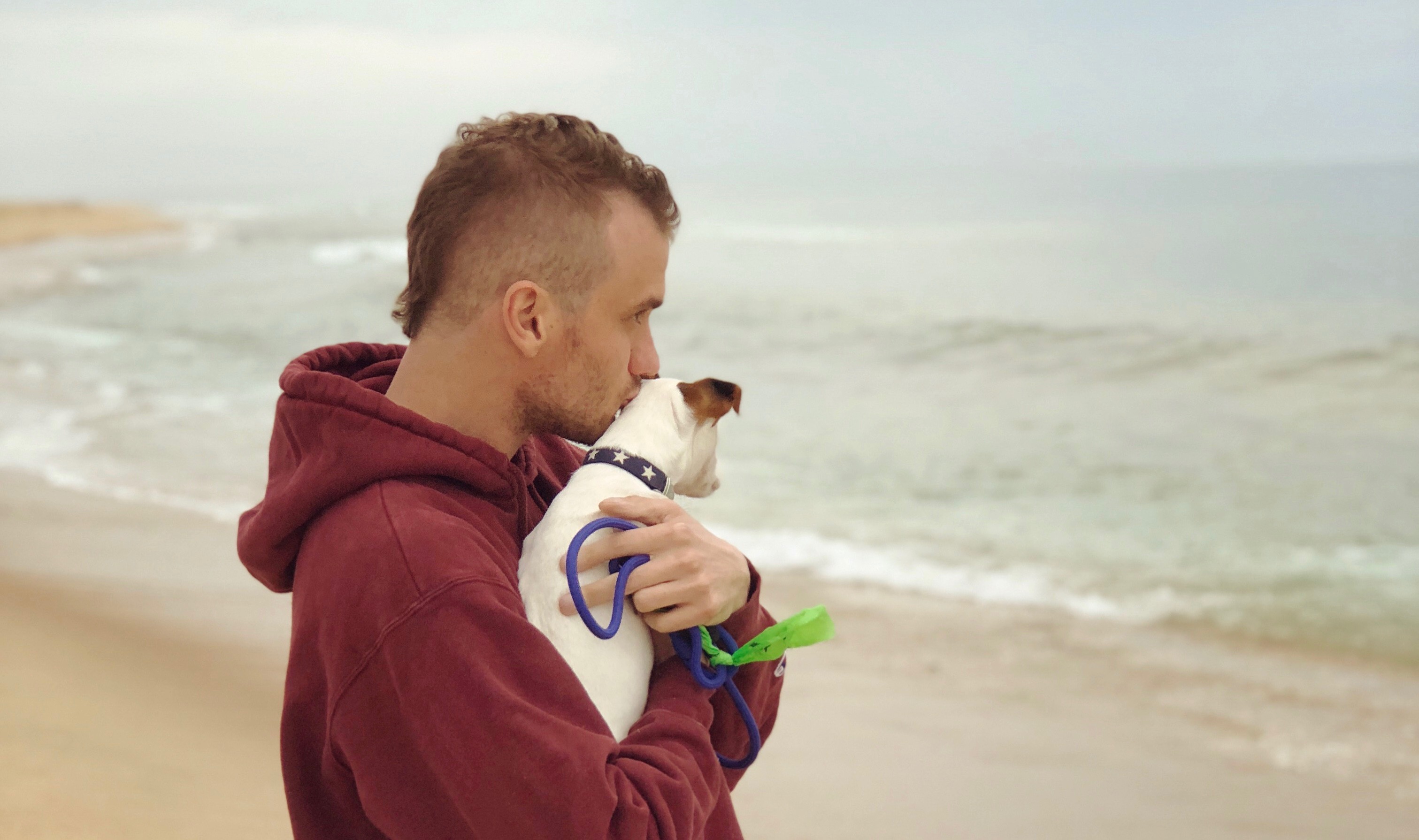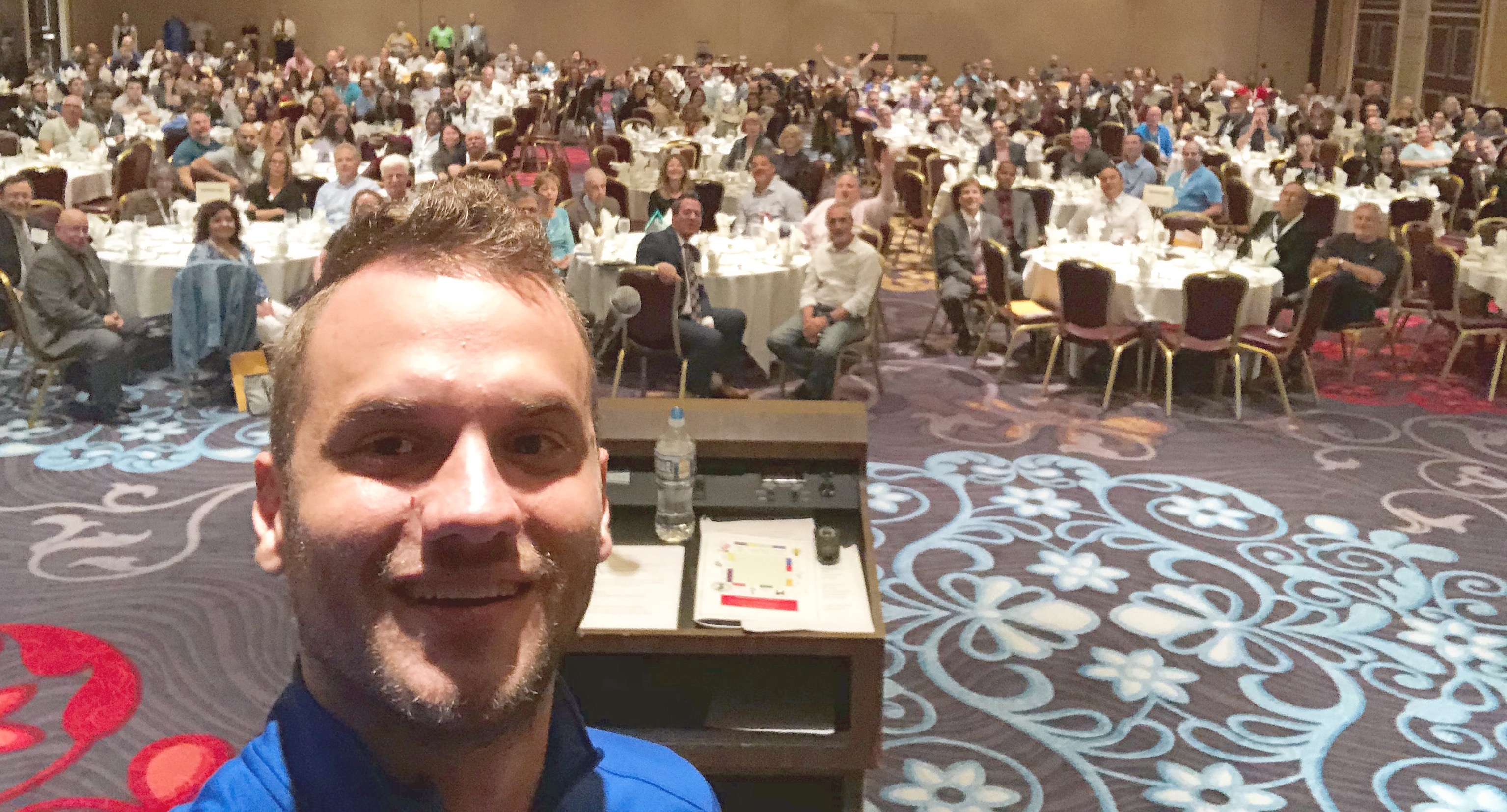I came across an opinion piece on STAT where Adam Hayden, a brain cancer patient, argues that drug companies and medical schools should be compensating patients for their “expertise” in whatever condition we are living with.
I’ve never read an article that I have more wholesomely agreed with.
Hayden talks about understanding the intricacies of tests, medications and a number of other pieces of care. He says:
As much as I’d rather not have this expertise, I’ve learned that it is extremely valuable for medical students, physicians, people with brain cancer, pharmaceutical companies, and others. I’ve also learned that it is undervalued.
He’s absolutely right.
Hayden goes on talking about being an e-patient (“empowered, engaged, equipped and enabled”), which is sort of a topic unto itself – made famous by the renowned motivational speaker e-Patient Dave (check out the e-patient link for more details into that – I plan on reading Dave’s book and writing a reaction to it on here in the coming weeks/months [read: whenever I get around to it]).
Hayden says that when he was initially diagnosed he jumped on the Internet to talk to other patients about what he can expect from the disease, and how best to cope with it. Now he finds himself as the one answering questions and responding to messages. To that end he’s also discovered a similar need in medical schools. He points out that students in med school often lack practice in looking at medicine from the side of the patient. He says:
Missing from this educational experience is the perspective of the people they will be in contact with every day, as well as experience communicating with people who are sick or dying.
Hayden feels that we (patients) know:
…what communication strategies are effective for giving bad or terrible news. We know how to be in the presence of suffering. We have wrestled with prognoses alongside loved ones. We have submitted for prior authorization, paid out of pocket, and spent hours on hold with insurance providers. We’ve also developed vast technical knowledge about the treatment and management of our diseases.
On the industry side of things, Hayden says:
Patients are the end users, and they evaluate drugs and devices by their effects on quality of life, which is difficult to measure in laboratory settings or clinical trials.
He does point out that companies do reimburse patients for their time when it comes to participating in clinical trials, presenting at conferences and focus groups amongst other one-off situations, but pharmaceuticals or medical companies paying out “honoraria often fall short of industry standards because few patients receive training on either the true value of their perspectives or on how to set speaking and consulting fees. What’s more, this compensation often carries non-compete clauses and disclosure statements that preclude further opportunities for patients to be reimbursed for their time and experience.”
Ultimately Adam Hayden makes a lot of good points, and I agree with a lot of them. Your illness is a commodity, and so is mine… as weird as that sounds, it is.
Everyday people get to the top of their respective corporate ladders or chosen fields by mastering a set of skills.
By virtue of living with cystic fibrosis I (and a hell of a lot of patients out there) have mastered a number of skills that would otherwise hold enormous value. Aside from having basic nursing skills, I can debate a course of treatment action, hold a confident, astute medical conversation, diagnose illness, figure out how best to use a medical device (in a way the manufacturer would never realize), understand small differences between feeding tube formulas, sterilize just about anything, control a hemoptysis, mix medications, win an argument with an insurer, read a scientific or medical journal AND UNDERSTAND IT, and just about anything else associated with my case.
My only fault is that I didn’t go to medical school, but did I really have to? I have 25 years of training.
My skills are a cross section of those held by a doctor, nurse, pharmacist, researcher, nutritionist, pharmaceutical executive, insurance officer, psychologist, professor and patient… and you damn well better believe they are for sale.
We spend hours mastering these skills; why not use them to advance the field? Anyone else advancing his or her field of employment, or study, is compensated, why not us?
We only have decades of experience…
Hayden uses the example of improving clinical trials – the way they are set up and how to “enhance the patient experience.”
Put me in a room with the FDA and a pharmaceutical company for 2 hours and I can guarantee you… you will not have participation issues with that given trial.
We also have experience in LIVING with our respective illnesses. We know what we need, what we don’t, where the red tape exists and how our quality of life can be improved. The experience of living with an illness and using those experiences to improve clinical outcomes cannot be downplayed. It’s up to us, however, to learn how to effectively convey whatever message we may have in a productive way.
Despite our inherent experience with illness, it’s almost like sometimes these businesses (yes the whole thing is a business – from the FDA, the government, the hospital, medical school, the pharmacy, the insurance company, the pharmaceutical, the homecare company and the medical device company, right down to the non-profits) forget about the most important people at the center of the whole thing…. The patients.
We’re the ones who have to live with this shit.
Oh… and these places have money to spend.
Hayden and I disagree around the point of non-profits. Non-profits should damn well be contracting patients to get out there and make waves within the community. No one has more of an incentive for success in pursuing the mission of the non-profit than the patient who is dying a little more each day.
Right now we’re doing this for free… just go look at the cystic fibrosis group on Facebook.
Hayden concludes, “Expert patients offer value when it comes to medical education or the development of medical devices and drugs. It’s time for them to get the compensation they deserve for improving the health care experience for everyone.”
Do not be afraid to monetize your illness. If a pharmaceutical, medical device company, patient group, hospital or anything in between comes to you and asks for your opinion or advice to advance their business or mission… It is your right to be compensated with product, a service or cold, hard cash of EQUAL VALUE.
Your experience is a commodity that you can leverage…. and guess what, it is extremely valuable.





